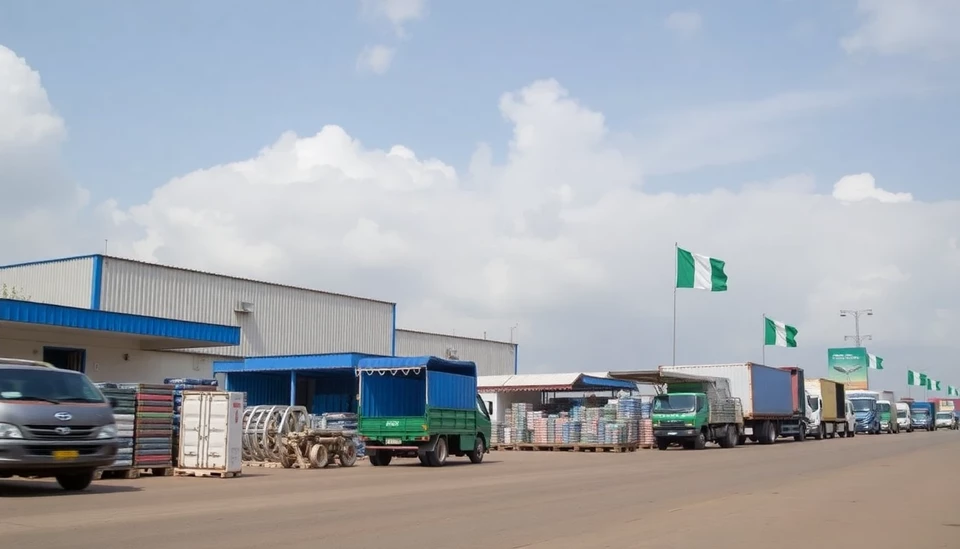
Nigeria is grappling with a staggering inflation rate that is inching toward a 29-year high. In a turbulent economic landscape, many Nigerians are feeling the pinch as the rising cost of living dramatically impacts their purchasing power. This development comes just as the country prepares for a significant revision of its inflation statistics, raising questions about the accuracy and interpretation of economic data moving forward.
Recent reports have indicated that Nigeria's inflation rate surged past 23.0% in November 2023, driven predominantly by rising food prices and escalating costs across various sectors. Analysts are closely monitoring this trend, noting that the ongoing economic challenges are further exacerbated by global supply chain disruptions and domestic policy decisions that have failed to stabilize the market.
The continuous rise in food prices has been a major contributor to inflation. Staple foods, essential for daily nourishment, have experienced severe price hikes, affecting the most vulnerable segments of society. Many households are now forced to make difficult choices as their budgets tighten amidst soaring costs for basic goods. This scenario is fueling widespread discontent and pressing the government to implement effective measures aimed at curbing inflation.
In light of the upcoming overhaul of inflation data, some economists suggest that the new metrics might reflect a more accurate depiction of Nigeria's economic situation. However, there are also concerns that this could lead to further confusion and potential misinformation if not handled transparently. Critics are urging the government to clarify its approach and ensure that all stakeholders, including citizens, policymakers, and the international community, are well-informed of the changes.
The planned data overhaul comes at a crucial time when the government is under immense pressure to deliver tangible economic improvements to its citizenry. As inflation continues to rise, the ramifications for employment, investment, and overall economic stability in Nigeria become increasingly pronounced. Observers are emphasizing the need for proactive policies to address root causes, including enhancing agricultural production, improving supply chain efficiency, and maintaining financial discipline.
In summary, Nigeria's soaring inflation is becoming a pressing national issue, heightened by the upcoming changes in how inflation data will be reported. With anxiety rippling through communities, there is a collective hope that the government will step up to provide clarity and solutions to restore stability and confidence in the economy.
As the situation unfolds, it remains critical for citizens and businesses to stay informed about the implications of these economic indicators and strive for adaptive strategies that prioritize sustainability and fiscal responsibility.
#Nigeria #Inflation #EconomicCrisis #CostOfLiving #GovernmentPolicy #DataReform #EconomicIndicators #NigerianEconomy
Author: Rachel Greene




